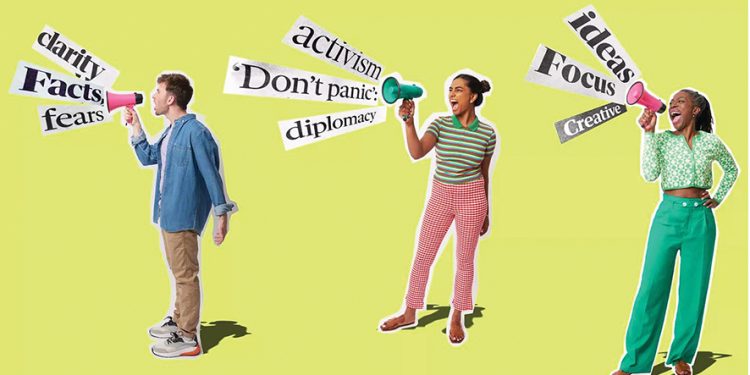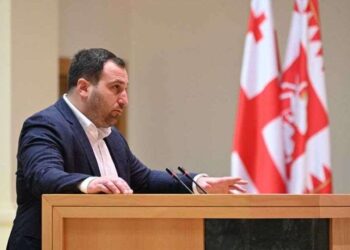Normally, the character of the struggle between the ruling power and its opposition determines the tempo and content of the entire political process in the country. And unless the first-and-utmost consequence of that struggle is the wellbeing of the governed, the entire socio-political hullabaloo is not worth a dime. Therefore, to make the process adequately workable and fruitful, the presence of a reasonable framework of political intercourse, otherwise described as a political culture, is indispensable. One of the readily available definitions of political culture says that it is a particular pattern of orientation toward political actions in which a political system is embedded. If this is true, then trust should be the most fundamental ingredient of political culture, without which productive communication in the political process becomes almost impossible. Political culture is also notably defined by indigenous traditions, values and a psycho-social environment.
Modern political scientists argue that the stability of any political regime depends on its political culture being congruent with its national cultural and political structure, including its role in determining the nature and potential of citizenship, political stability, preparedness for inevitable change, welfare policies, building of public opinion and structuring political representation. Now, the question is if there is a way to cultivate national political culture so that it may work more effectively. No doubt there is, but the cultivation of anything requires certain predictable resources, resources which should be available in Sakartvelo as they are elsewhere in the world, although the tissue of political culture may vary from nation to nation.
To nurture political culture in this country, we must in the first place promote the basic general values of our people, grounded in our history, economy, religion, customs and habits that have endured centuries and which have successfully survived to continue catering to our contemporary demands in the most merciful fashion. When all is smooth and good around, political culture seems to work more efficiently, because the temperature of controversy in the political process becomes lower, and emotionality is better curbed, thus encouraging our politicians to look smarter and more elegant in the currents of political socialization, in the eyes of their western evaluators. In times like this, public opinion stability is also a helper, creating many favorable prerequisites for fostering positive electoral attitudes. In strained and troubled times, attitudes change and the political process becomes overwhelming, invading every inch of personal space – family, church, school, peer groups, mass media, governmental structures, and social institutions. To wit, there is no social or private physical or intellectual power that could stop the avalanche, except the level and quality of political culture. This is why society has to be not just casually supportive of nonstop rearing and endorsing the high-quality and meaningful political culture, but it has to be in control of the ways and means of inspiring and reassuring its nonstop boosting.
Our western friends and partners can only set an appropriate example for our breeding our own elevated national political culture; they can cheer and hearten us; they could even sponsor some helpful measures to develop it to a certain extent. But nobody can cultivate it for us: This is our job to do with our own hands. Political culture is a living organism which has to be taken care of through active participation, the expression of opinions in a gentle, thoughtful way, avoiding overreaction and the usage of caustic language. Political culture is not something perfunctory or ephemeral that can be ignored: It is a fundamental asset on which the nation’s chance to survive stands and needs to be kept in balance.
If we are building a so-called civic society, we have to be sensitively concerned about our political culture and the direction it is headed for. It cannot be conditioned only based on our current exigencies and demands: It has to be considered both in retrospect and prospect so that we have a clear view if it is functional in this country. And if it is not, something urgent and drastic has to be done in this respect on a broad national level. Our future simply depends on how strong and effective our political culture is. Good political culture would reject the playful attitude of politicians to the public and their habit of juggling with words and ideas when talking to people; strong political culture will not tolerate unbridled political comments and deceitful attempts to beat private targets.
People are becoming better and better educated, and their overall progress is so much accelerated that they are no longer willing to deal with politicians who are off the standards of positively operating political culture. It is high time for all of us to know how to serve our national interests in unison with our personal good, and for this, our political culture needs to be accordingly cultivated and kept on a high pedestal.
Op-Ed by Nugzar B. Ruhadze














